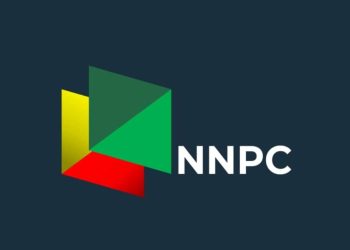One week after its hard decision on Nigeria’s debt instruments rattled the global business community, the Federal Government yesterday condemned the planned delisting of its bonds from the JP Morgan index, saying it does not signify a downturn or collapse of the nation’s bonds market.
Government however assured holders of its bonds and potential investors assured that the market remains strong and attractive to both local and international investors without JP Morgan influence.
In a statement ussied in Abuja on the JP Morgan’s October delisting notice, the Director General of Debt Management Office (DMO), Dr. Abraham Nwankwo, stated that the decision of JP Morgan was based on the perception of the Foreign Exchange market, which it claimed was lacking in terms of a fully functional two-way quota system and had limited transparency.
He assured investors that the phasing out of the Federal Government bonds from the index does not amount to a downgrade of Nigeria of government bonds since JP Morgan is not a credit rating agency.
Also, it does not have any impact on the quality of government bonds, adding that the bonds remain risk-free securities that are backed by the full faith and credit worthiness of the Federal Government of Nigeria and are charged upon the general assets of Nigeria.
It further claimed that it does not imply that the bonds are no longer liquid.
“Federal Government bonds are supported by an active secondary market, which allows investors to buy or sell them on any business day through any of the 13 Primary Dealer Market Makers licenced by the DMO or on the Nigerian Stock Exchange (NSE) where the bonds are listed and for which purpose there is a government stockbroker,” he said.
According to him, Nigeria had already developed a very attractive bond market way back in 2003, which attracted the American bank to enlist Nigerian bond in its bond index.
“Recall that the DMO resuscitated the domestic bond market in 2003 when it first issued Federal Government bonds. This landmark achievement was intended to restructure the government’s domestic borrowing, which was predominantly short term and to develop the domestic bond market, which had been moribund for about 20 years. To achieve these objectives, the DMO, in collaboration with other stakeholders, introduced several measures to deepen the market among which are regular and transparent Federal Government bond auction; the appointment of dedicated market makers known as Primary Dealer Market; a two-way quote based market; existence of Benchmark Bonds; a Sovereign Yield Curve extending to 20 years and a diversified domestic investor base. In essence, a strong and well established domestic bond market had been developed through inherent local capacity without any foreign facilitation,” Nwankwo said.
















































